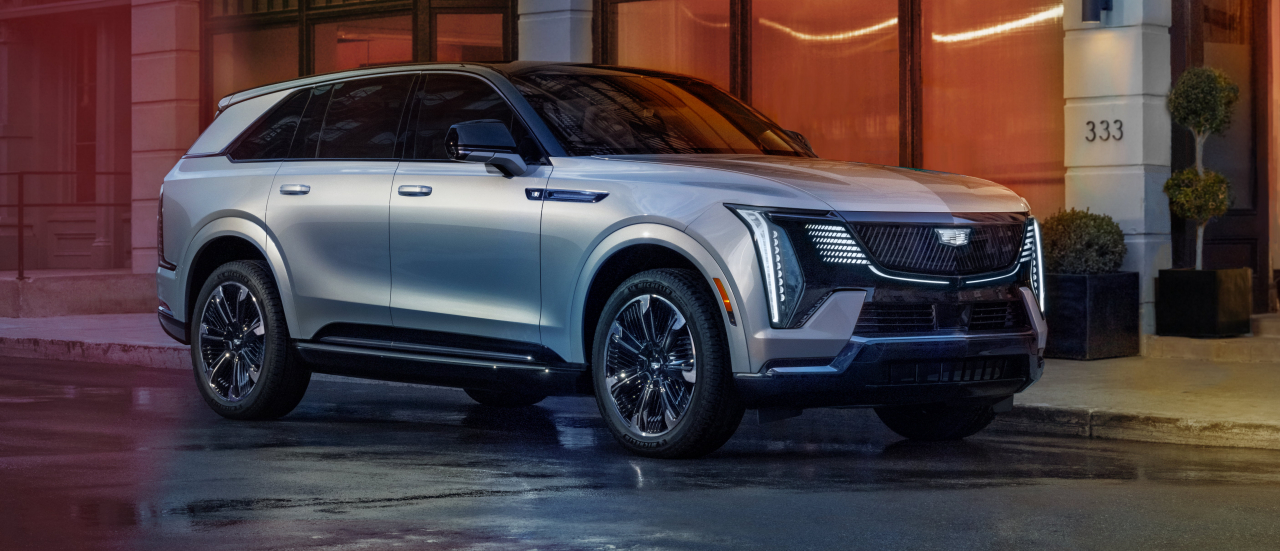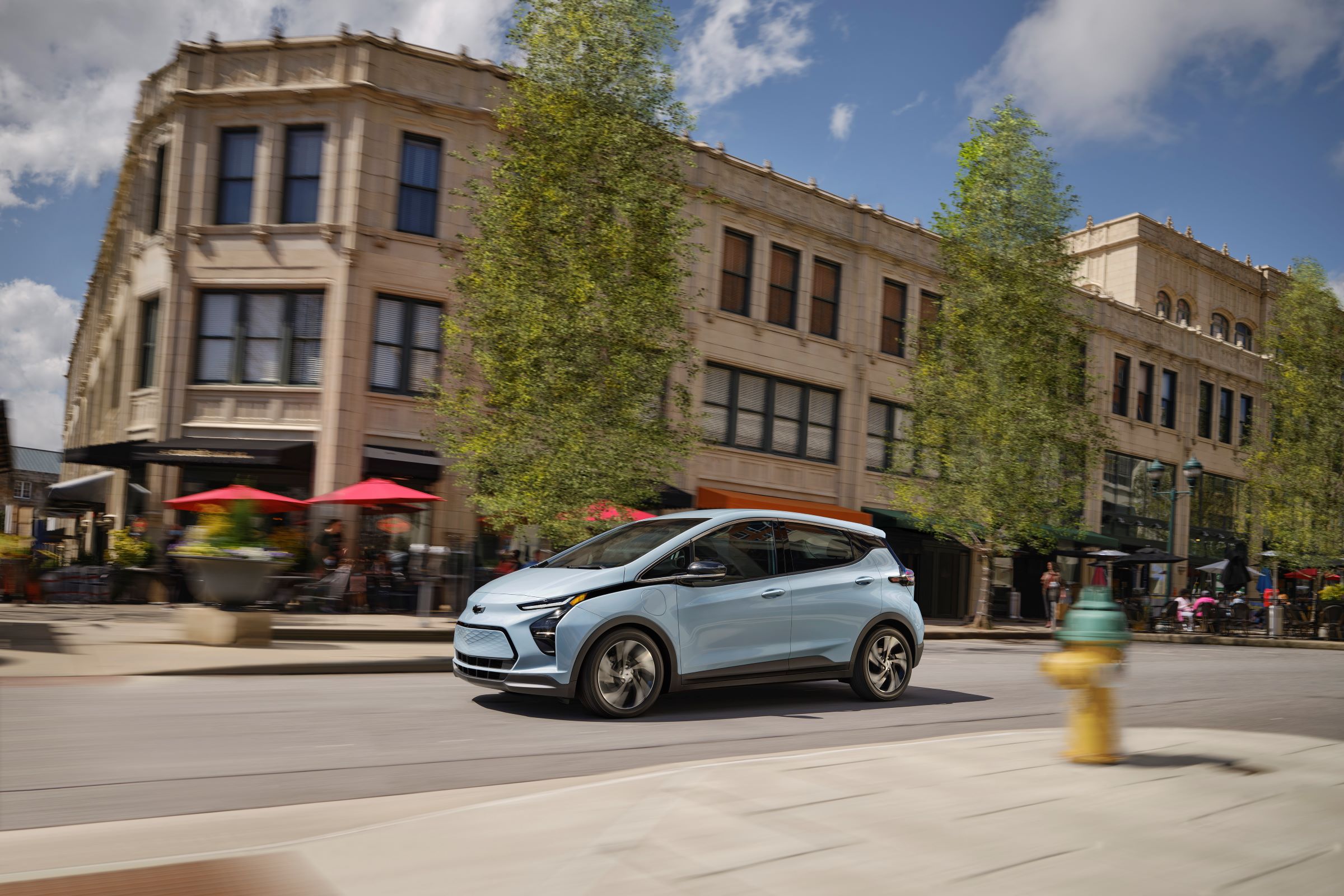
Back in October 2023, GM announced plans to produce 400,000 electric vehicles by the middle of 2024 and reach an annual production capacity of a million EVs by the end of 2025. While the Detroit-based manufacturer believes it is still firmly on track to achieve its long-term goal, its plans for this year appear to have been scaled down somewhat.
Instead of having 400,000 more electric cars ready to go by summer, GM will instead aim to have 300,000 of the zero-emission vehicles ready to roll at best. That number could also be as low as 200,000 if production hits the low end of GM’s estimates. The decision to scale back the company’s EV goals was revealed by CEO Mary Barra during GM’s Q4 2023 earnings call.
The EVs in question will be manufactured across GM’s Chevy, GMC, Cadillac, and BrightDrop brands — though it will only involve vehicles built on the company’s Ultium platform. This means the popular Chevy Bolt, which is now discontinued and was built on an older platform anyway, wouldn’t count toward the figures.

GM is struggling with the shift to EVs
GM’s announcement comes as the company celebrates its best year for vehicle sales since 2019; its EV figures are lagging behind somewhat. Only 75,883 EVs were delivered by GM in 2023 — amounting to less than 3% of the company’s overall sales figures. The company has yet to make a profit from its EV venture but is firmly backing the concept and expects its EV sales to be in the black by the end of 2024.
While EV sales are on the rise nationwide, and experts predict that demand will continue to grow, it doesn’t take an expert mathematician to work out why GM may have scaled things back a touch. Even if sales somehow double, 152,000 sales means close to 250,000 EVs would be left sitting on a lot.
To make matters worse, the vast majority of those sales were of the now-discontinued Chevy Bolt. Over 62,000 Bolts were sold in 2023, and it is not yet known if GM’s other EV offerings can make up for the shortfall left by its absence.
GM has also had some issues with the Ultium platform, with battery module assembly being a particular pain. The auto giant is hoping those issues have been ironed out and it can get back on track with its electrification plans. The problems may also be down to GM rather than EVs as a whole.
Other companies, including BMW, are seeing record sales, with EVs playing a significant part in that success. Beyond companies making a switch, the likes of Tesla have seen the likes of the Model Y become the best-selling car globally in 2023. So the market is there; GM and its many subsidiaries just need to find their place in it.
Editors' Recommendations
- 2024 Mustang Mach-E GT performance upgrade: Ford’s fast EV love note
- 2025 Mercedes Benz EQG: Everything we know about the electric G Wagon
- Aston Martin delays launch of its first EV, says drivers don’t want electric cars
- VW ID.7 Tourer flagship EV will have up to 426 mile range
- Toyota invests another $1.3B in US factory to build all-new, 3-row electric SUV



